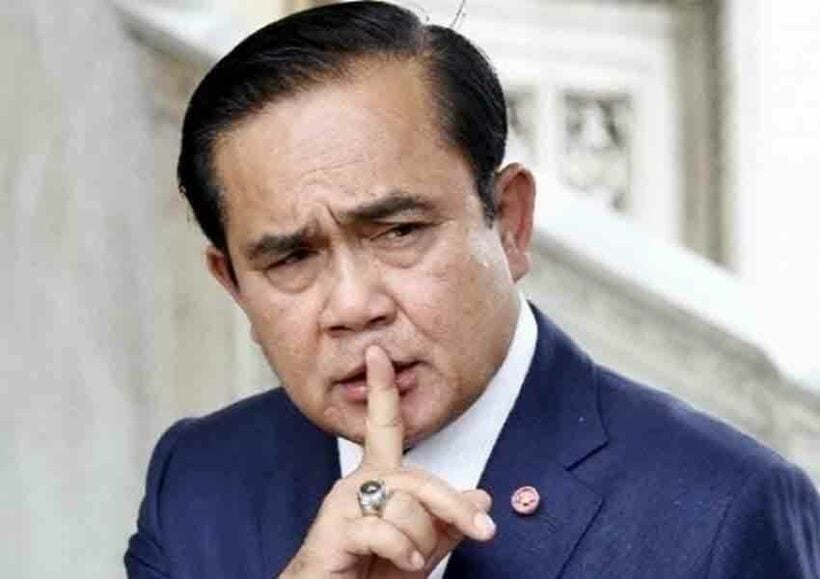“Fake news” banned, Thai media say order infringes on freedoms

The Thai government is cracking down on so-called “fake news.” An order was published in the Royal Gazette banning the distribution of false information that causes public fear or misunderstanding that could affect national stability. PM Prayut Chan-o-cha says the measure is intended to make sure false content spread online doesn’t undermine the government’s management of the pandemic. Thai media associations say the ban on fake news infringes on freedom of expression.
Under the order, which was made official in the Royal Gazette yesterday and issued in compliance with the Emergency Decree, the National Broadcasting and Telecommunication Commission is required to instruct internet services to check IP addresses and immediately suspend services, according to the Thai government’s news bureau. Then, the providers must report details back to the commission, which would then file complaints with the police. Internet service providers who do not follow the requirements are subject to their operating licenses being revoked.
In a joint statement, six leading Thai professional media associations condemned the recent order on fake news, saying the government must abolish the Emergency Decree provision that infringes on freedom of expression.
In the statement, the media associations say they reached the following conclusions…
1. The Prime Minister’s insistence on enforcing the new measures, along with the recent attempts by his government to intimidate and take legal action against members of the public who simply exercise their constitutional rights to criticize the administration during the COVID-19 pandemic, clearly reveal an intent to crack down on the freedom of expression enjoyed by the media and the public.
2. The government’s assertion that the new measures are necessary to tackle what it terms “fake news” shows its refusal to acknowledge the administration’s failure in its communications with the public.
Although a small number of media agencies did sometimes present news that was inaccurate, their actions were not the result of any intentional plot to disseminate falsehoods or cause damage to society, as is often alleged by the government and its information officers. These were simply journalistic errors that can sometimes occur in the media industry, and which can be corrected by presenting accurate information. Members of the press who make such errors already pay a high price in terms of losing credibility.
3. We call upon all professionals in the media and news agencies to stand in unison and oppose the government’s new measures. We also urge the media establishment to take utmost care to ensure that their news coverage is accurate and compliant with the highest journalistic standards — in order to deny the government any excuse to interfere with media operations, which will, in turn, affect the public’s right to information.
SOURCES: Bangkok Post | National News Bureau | FCCT
Latest Thailand News
Follow The Thaiger on Google News:


























